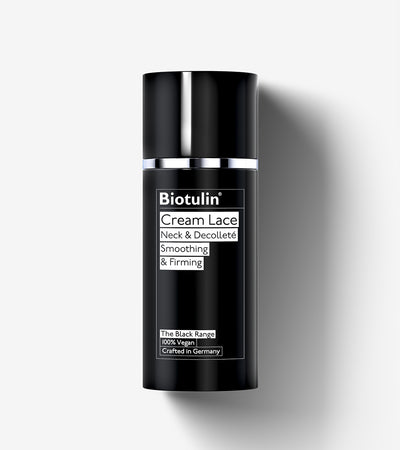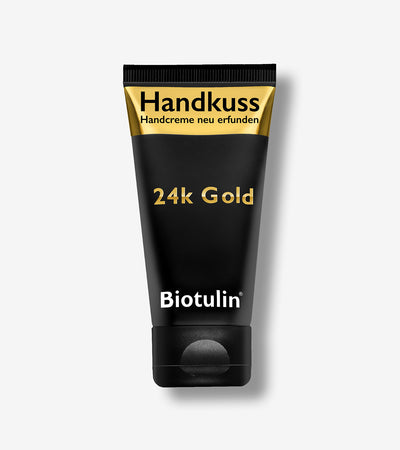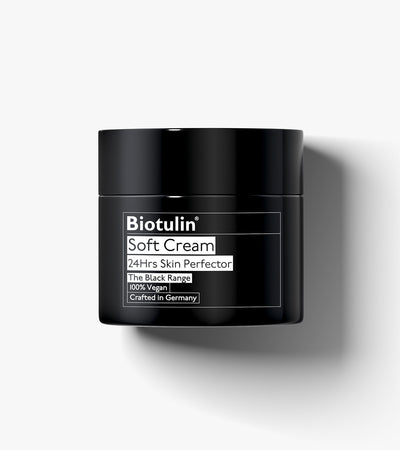Overview/Definition
Tocopherol, commonly known as vitamin E, is a fat-soluble compound renowned for its potent antioxidant properties. It is naturally found in various plant-based oils, nuts, seeds, and leafy green vegetables. Tocopherol exists in several forms, with alpha-tocopherol being the most biologically active and prevalent in human tissues. In skincare, tocopherol is highly valued for its ability to protect the skin from environmental damage, promote healing, and enhance overall skin health.
The primary function of tocopherol in skincare is to neutralize free radicals, which are unstable molecules that can damage skin cells and contribute to premature aging. Free radicals are generated by exposure to UV radiation, pollution, and other environmental stressors. By scavenging these free radicals, tocopherol helps to prevent oxidative stress, thereby preserving the skin's natural barrier and maintaining its youthful appearance.
Tocopherol is often derived from natural sources such as wheat germ oil, sunflower oil, and soybean oil. It can also be synthetically produced, although natural forms are generally preferred in skincare due to their higher bioavailability and efficacy. The inclusion of tocopherol in skincare formulations is driven by its multifaceted benefits, including anti-inflammatory properties, moisturizing effects, and the ability to support the skin's natural repair processes.
Function in Skincare
Tocopherol serves multiple functions in skincare, primarily acting as an antioxidant and anti-inflammatory agent. Its key roles include:
- Antioxidant: Tocopherol neutralizes free radicals, protecting the skin from oxidative damage caused by environmental stressors.
- Anti-inflammatory: It helps to reduce inflammation and soothe the skin, making it beneficial for sensitive and irritated skin.
- Moisturizing: Tocopherol aids in maintaining the skin's natural moisture barrier, preventing dryness and promoting hydration.
- Wound Healing: It supports the skin's natural healing processes, accelerating the repair of damaged tissue.
Skin Type Suitability
Tocopherol is suitable for all skin types, but it is particularly beneficial for:
- Dry Skin: Its moisturizing properties help to alleviate dryness and improve skin hydration.
- Sensitive Skin: The anti-inflammatory effects of tocopherol make it gentle and soothing for sensitive skin.
- Aging Skin: Its antioxidant properties help to combat signs of aging, such as fine lines and wrinkles.
- Damaged Skin: Tocopherol aids in the repair of damaged skin, making it useful for those with sun damage or scarring.
Benefits
The specific benefits of tocopherol in skincare include:
- Protection against environmental damage and premature aging.
- Reduction of inflammation and soothing of irritated skin.
- Enhancement of skin hydration and moisture retention.
- Support for the skin's natural healing and repair processes.
- Improvement in the appearance of scars and hyperpigmentation.
Scientific studies have shown that tocopherol's antioxidant properties can significantly reduce the signs of photoaging and improve overall skin health. For instance, a study published in the Journal of Investigative Dermatology demonstrated that topical application of vitamin E can protect the skin from UV-induced damage and enhance its natural defenses.
Potential Side Effects or Risks
Tocopherol is generally considered safe for topical use, with a low risk of adverse reactions. However, some potential side effects and risks include:
- Allergic Reactions: Although rare, some individuals may experience allergic reactions, such as itching or redness, when using products containing tocopherol.
- Skin Irritation: High concentrations of tocopherol may cause mild skin irritation in sensitive individuals.
It is recommended to perform a patch test before incorporating new skincare products containing tocopherol into your routine to check for any adverse reactions.
Usage in Skincare Products
Tocopherol is commonly found in a variety of skincare products, including:
- Serums
- Moisturizers
- Creams
- Sunscreens
- Eye treatments
The concentration of tocopherol in skincare products typically ranges from 0.5% to 5%. Higher concentrations may be used in specialized treatments, but it is essential to follow the manufacturer's guidelines to avoid potential irritation.
How it’s used
To incorporate tocopherol into your skincare routine, follow these best practices:
- Morning and Evening Use: Apply products containing tocopherol in the morning to protect against environmental damage and in the evening to support skin repair.
- Layering: Layer tocopherol-containing products with other antioxidants, such as vitamin C, for enhanced benefits.
- Sun Protection: Use tocopherol in conjunction with sunscreen to maximize protection against UV damage.
Scientific Studies/Research
Numerous scientific studies have demonstrated the efficacy of tocopherol in skincare. Some notable research includes:
- A study published in the Journal of Investigative Dermatology showed that topical application of vitamin E can protect the skin from UV-induced damage and enhance its natural defenses. Read more.
- Research published in the Journal of the American Academy of Dermatology found that vitamin E can improve the appearance of scars and hyperpigmentation. Read more.
Other Names/Synonyms
Tocopherol may appear under various names on product labels, including:
- Vitamin E
- Alpha-tocopherol
- Tocopheryl acetate
- Tocopheryl linoleate
Sustainability/Environmental Impact
Tocopherol can be sustainably sourced from natural plant-based oils. When choosing skincare products containing tocopherol, look for certifications such as:
- Vegan
- Cruelty-free
- Organic
These certifications ensure that the ingredient is ethically sourced and environmentally friendly.
Fun Facts
Some interesting facts about tocopherol include:
- Tocopherol was first discovered in 1922 and was initially used to prevent sterility in rats.
- The name "tocopherol" is derived from the Greek words "tokos" (childbirth) and "pherein" (to bear), reflecting its role in fertility.
- Vitamin E is essential for the proper functioning of the immune system and plays a crucial role in maintaining overall health.




